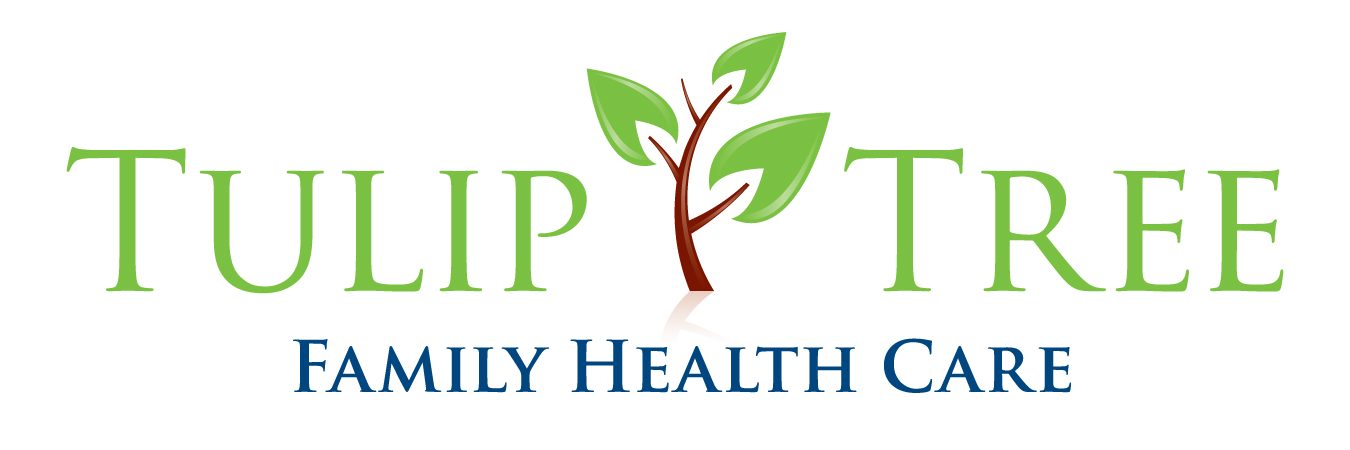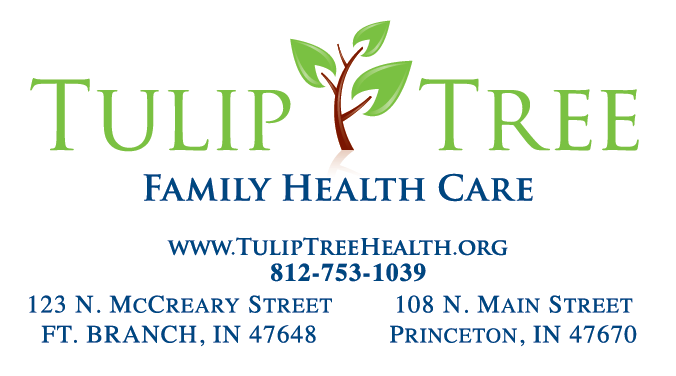Our clinic is open during regular business hours for scheduled appointments. Please call to schedule an appointment if you need to be seen for routine or acute medical or behavioral health services. For medication refills, follow normal procedures. New patients are welcome. We accept most insurance plans and offer sliding scale fees for patients without insurance.
Tulip Tree offers COVID-19 testing on a limited basis for symptomatic, established patients. The cost for tests is $100 and will be billed directly to your insurance by our lab partner, Quest Diagnostics. If you are uninsured and have symptoms and/or exposure, this cost should be covered by the CARES Act.
Precautionary visitor restrictions are currently in place and patients are asked to come to their appointments alone. If you require assistance getting to our office from a friend or family member, we ask that they remain in their vehicle to protect our patients, staff members, and our
community during this time. If the patient is a minor, one guardian will be allowed in the building with the patient. All patients and visitors must wear a mask, masks will provided if you do not have one, and Tulip Tree staff will provide a quick COVID-19 screening upon your arrival at the clinic.
In order to aid in diminishing the spread of COVID-19, it is imperative that we limit exposure as much as possible in our community. Therefore, in line with CDC recommendations, we are asking patients who fit the following descriptions please call the office
before coming in:
- Believe you may be infected with COVID-19
- Are experiencing a cough with fever
- Have had a known exposure to COVID-19
Our staff will direct you to appropriate services depending on your situation.
For more information on COVID-19, or if you have symptoms, please look to these resources:
Look for more announcements as the situation continues to change. We appreciate your patience and cooperation as we implement new policies and procedures. We strive to continue to provide safe, quality care to all patients in this time.

